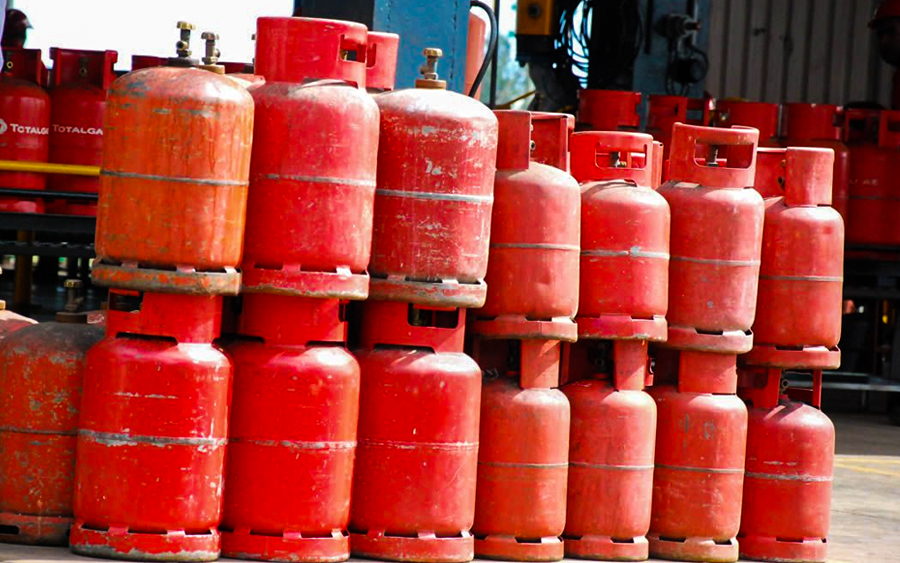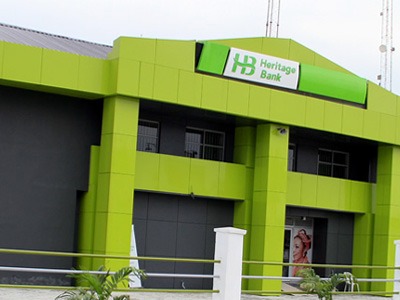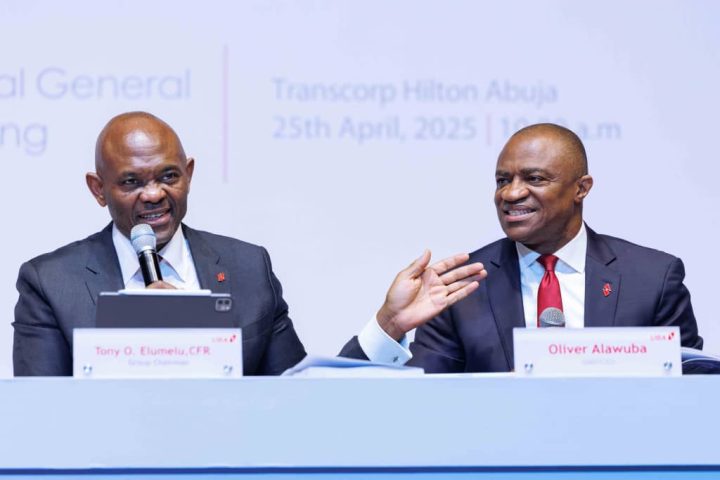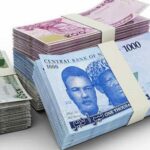The President of the Nigerian Association of Liquefied Petroleum Gas Marketers, Olatunbosun Oladapo, has listed five reasons the prices of cooking gas will rise from next week.
Oladapo said market forces are influencing the prices at a period gas business has been low in recent times due to consumers’ purchasing power dwindling.
Join our WhatsApp Channel“It is starting next week because international prices have gone up. The prices of vessels have gone up and taxes are high,” the gas marketer said.
Five reasons gas prices will rise from next week
According to Oladapo, the five reasons gas prices are going up from next week are a hike in international prices, rising prices of vessels, naira devaluation, forex scarcity, as well as high tax rates in the country.
International gas price
Note that just like petrol, the price of gas in Nigeria is controlled by international gas price, which is the benchmark for the product across the world.
So the movement of the international gas price determines the prices in Nigeria and other countries. Should the international price drop, the price of gas in Nigeria will be reviewed downward, but in the case the international price rises, the cost of gas will go up in the country as well.
In the last three months, Prime Business Africa learnt that the price of natural gas has gone up from $2.26 per litre to $2.95 per litre according to Rigzone.
Rising vessel prices
There has been a scarcity of vessels to transport the product in the international market, as a result, this has influenced the price to charter a vessel.
According to Spark Commodities in a report by Bloomberg, the current price to charter a vessel is $70,500/day, however, due to the scarcity, the rate will rise to $206,750/day in October and $284,750 per day in November.
The scarcity of vessels is driven by the projection that the coming winter will drive prices of Liquified Natural Gas (LNG) up, and stakeholders are positioning to profit from the surge.
Naira devaluation
Recall that Prime Business Africa reported on June 14 that the Central Bank of Nigeria (CBN) devalued the naira from N471/$1 to N664/$1.
Note that since the devaluation, the exchange rate between the naira and the dollar has increased to N782.38/$1 in the official market as of Wednesday.
The devaluation resulted in more naira chasing a few dollars in the foreign exchange market, consequently, affecting the cost of operations of gas marketers in the country.
Forex scarcity
Aside from having to deal with the devaluation of the naira, gas marketers are also struggling with foreign exchange or dollar scarcity in the forex market.
The scarcity of the forex has increased the value of the dollar in the official market to N782.38/$1 as of Wednesday, from N664/$1 on June 14, when the devaluation took effect.
Also, dollar scarcity has driven the price of the United States currency up to an average rate of N891.4/$1 in the black market.
This means businesses that are unable to access forex in the official market will have to buy the USD at a higher rate in the parallel market.
The businesses will have to pass the high cost of obtaining forex in the exchange market to the consumers through the prices of their goods or services.
High tax rate
The gas marketers complained that the government needs to review the tax on their products, stating that they are losing revenue to levies.
Reduction of tax will drive down the prices of gas. The tax is a major determinant in the movement of gas prices in not just Nigeria but in the global market.
What the Nigerian gas marketers are saying
Oladapo expressed concern that consumers’ earnings are not rising in line with prices in Nigeria, stating that it is affecting the growth of the gas business.
“consumers are not earning more,” he said, adding, “Their purchasing power has gone down. Everybody is crying. Consumers, middlemen, and retailers are feeling the impact because business is now on the low side.”
Further stating his displeasure, Oladapo said: “The situation is very unfortunate because prices are going higher. Nigerian consumers are passing through very difficult times because they can no longer afford gas.”
With consumers turning to firewood, charcoal, and sawdust for cooking, according to Oladapo, he called for the intervention of the government to alleviate the hardship on Nigerians by reviewing taxes.
Oladapo said local taxes are worsening the problem, as they eat into their turnover, “The government should come in and alleviate the suffering of the masses by providing palliatives, reducing taxes and levies.
“You can imagine that for every 1kg of gas priced at N700, tax would take way N3.50. How much is left in such a business?” he asked.
The gas marketer also advised that profit should be taxed instead, as sales of gas have been on a decline due to low patronage from consumers.

















Follow Us